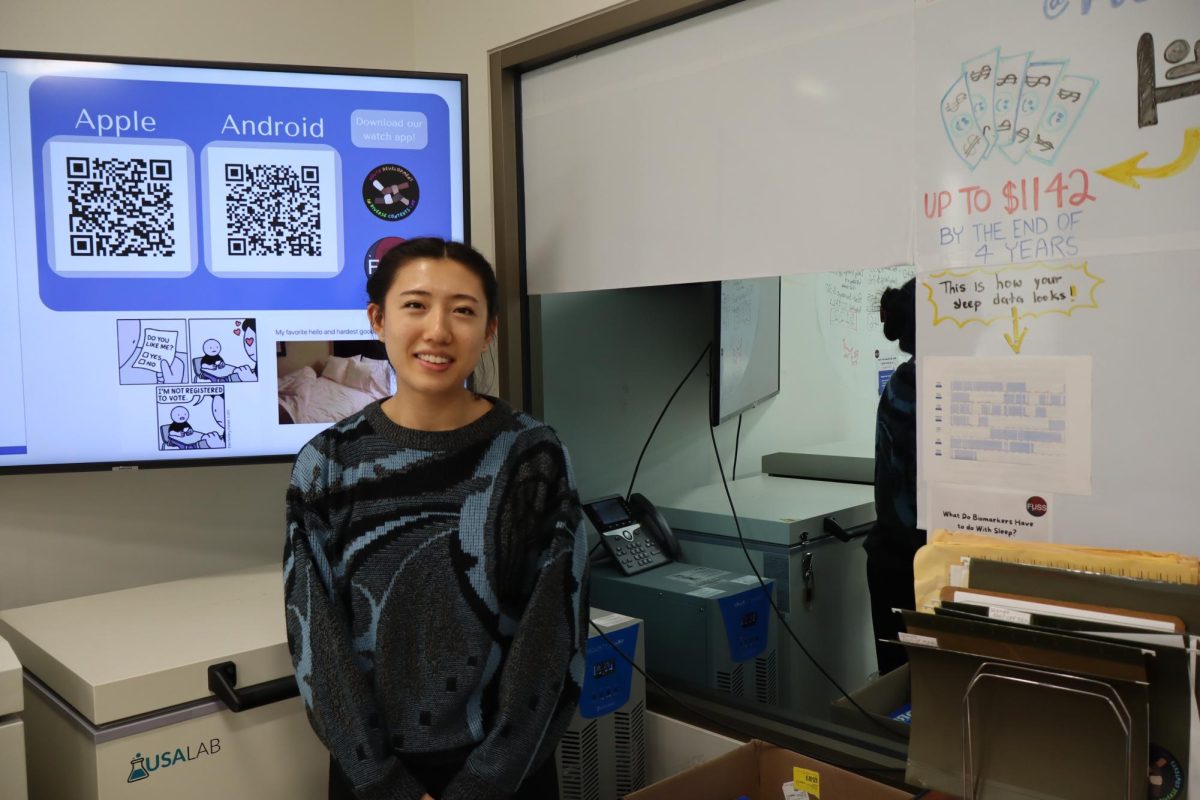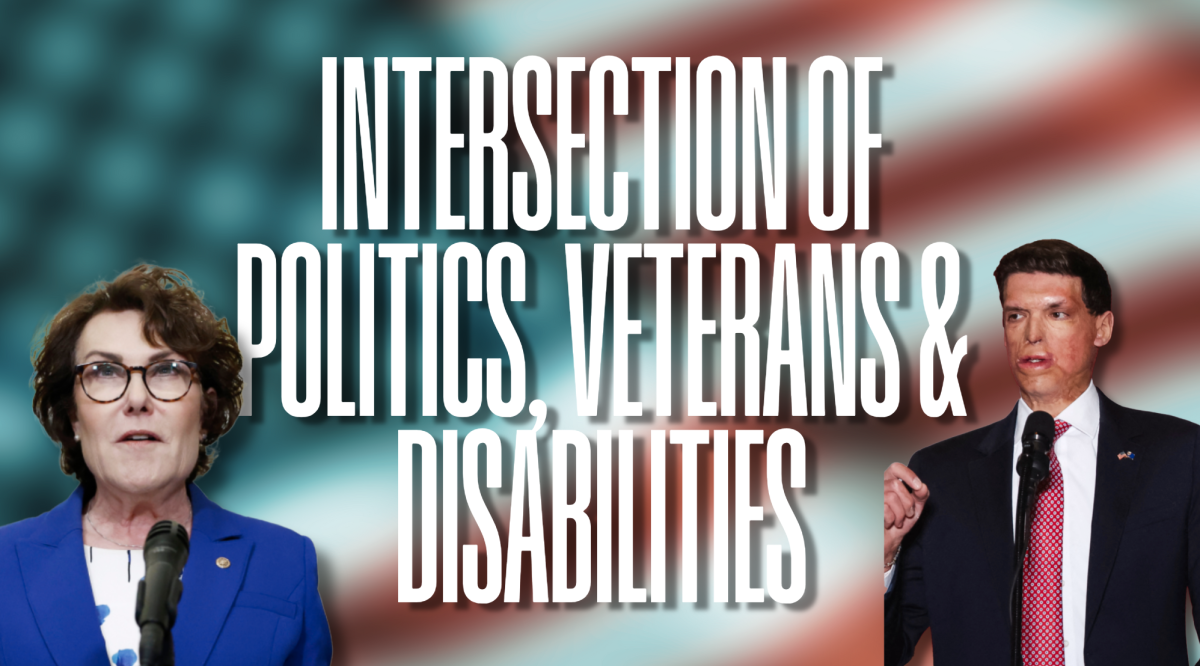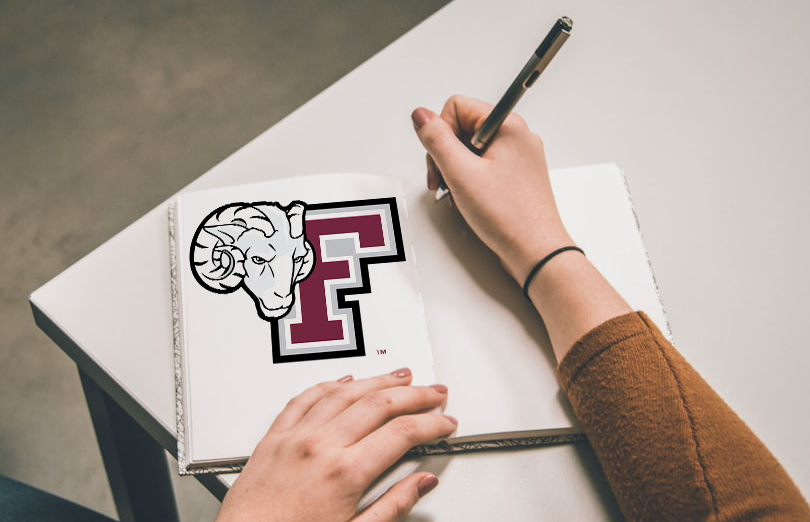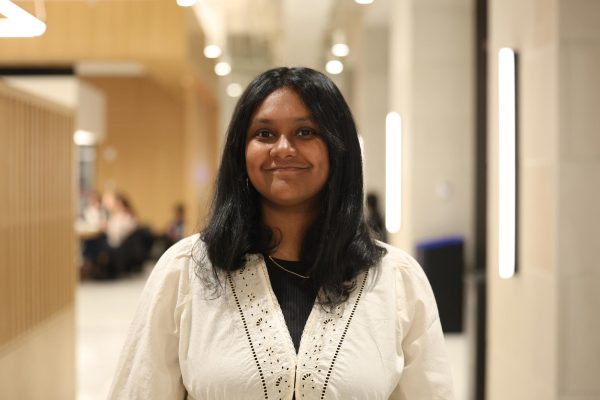The Fordham University Sleep Study (FUSS) announced a new election cohort that will investigate the relationship between the presidential election and sleep in a forthcoming study. The election cohort — which comes from a subset of the wider FUSS participant pool — was finalized on Oct. 27. Around 200 participants are in the election cohort where their sleep will be tracked for two weeks. The study began during the last week of October.
Angela Zhao, the project director and lab manager at the Youth Development in Diverse Contexts Lab, said that the election study was a recent addition to the FUSS project.
“Originally, we weren’t really planning on doing an election study, but as we were talking about things that are going on this semester, we realized that the election probably has a really big impact on people’s sleep,” said Zhao. “Because we study sleep, we can’t ignore the fact that [the election is] going to impact people’s sleep. If we can’t ignore it, we might as well just study it as well.”
Emma Eitmann, FCRH ’26, a lab assistant, expects that the election survey will deliver promising results from undergraduates — many of whom are new voters.
“It’s important, and I think that we’ll get really good data from it,” said Eitmann. “I also think it’s an interesting experience because, especially for me, this is my first time voting. This is my first time going through an election where I was politically aware. I think that’s like a mutual experience amongst all undergrads.”
According to Zhao, FUSS seeks to map out participant sleep duration, efficiency (the percentage of time you’re asleep when in bed) and wake after sleep onset (how many minutes you’re awake after you fall asleep).
Participant sleep will be monitored using watches that track data, which is then coded by lab assistants. Additionally, participants will fill out a nightly survey.
The study also prioritizes understanding how participants’ identities impact their sleep.
“A big part of our analyses are understanding how different aspects of people’s lives and identities might be related to how their sleep is impacted,” said Zhao. “For example, we’re looking at differences in people’s outcomes when they’re a commuter or a resident, or if they’re a Pell recipient or not, a first-generation student or not.”
Zhao also discussed how the survey aims to accurately represent the Fordham population. “Something that’s really important to us is that our participants look like the population at Fordham,” she said. “What we found, historically and also in our own research, is that there are groups that are underrepresented in research, for example, Black students or Latinx students… Something that we’re really focusing on is making sure that our participants look like the wider population.”
Zhao noted that results are expected to be published in a year or two. She expects that the results will add more context to the nature of sleep among young people.
“Because we really focus on underrepresented groups and making sure that we are collecting data on groups that previously haven’t been very well represented in research, I think it can help add to the knowledge that people already have about sleep, and especially college students’ sleep or young adults’,” said Zhao.
The lab noted strong interest among students to be in the election cohort.
“Our participants have been really enthusiastic about the election study. You’re doing the same thing for a second time, so I know this is something that they’re already used to,” explained Zhao. “It’s also compensated, and it’s actually compensated a little more [than FUSS].”
“That helps because we know that doing these surveys and coming in and picking up your watch and dropping it off, it is like time and it is a commitment. But I’ve been really excited and appreciative that our participants are so enthusiastic and willing to come back to do that.”
Eitmann agreed, noting that participants were eager to participate when asked directly as well.
“When people go through the regular pick up and drop off process prior to our election cohort, we would ask whether or not people wanted to participate, and I would say nine out of 10 people would say yes,” said Eitmann. “There’s a lot of enthusiasm behind it, excitement, and it’s not just for the compensation. I think people genuinely care, which is nice to see.”















































































































































































































